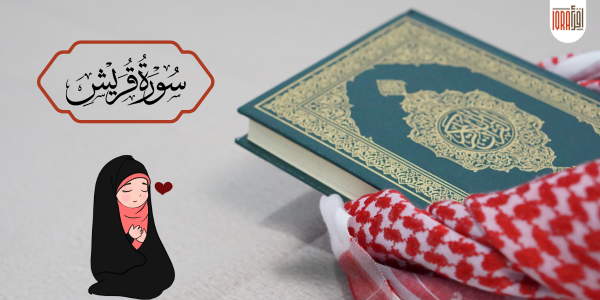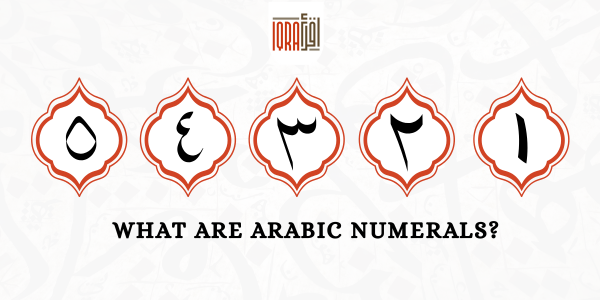Angels are central to Islamic belief, serving as messengers and servants of Allah, created from light and free of sin. While many people know some of the more prominent angel names, there is a rich tradition within Islam that describes their various functions and roles. In this blog post, we will explore the significance of angels, their names, and their roles in shaping the universe according to Allah’s commands.
The Importance of Angels in Islam
In Islam, angels are regarded as pure beings created by Allah to fulfill His divine will. They never disobey Allah and carry out His commands precisely as they are instructed. Angels are neither male nor female, and unlike humans, they do not have free will or personal desires. They serve Allah alone and are essential to the workings of the universe.
The Quran emphasizes the importance of believing in angels as part of a Muslim’s faith. In Surah Al-Baqarah, we read:
“The Messenger has believed in what was revealed to him from his Lord, and [so have] the believers. All of them have believed in Allah and His angels and His books and His messengers…” (Quran, 2:285)
This verse establishes the belief in angels as a key aspect of Islamic faith, alongside belief in Allah, His revelations, and His prophets.
The Most Prominent Angel Names in Islam
There are countless angels, each with specific tasks and roles. However, there are a few angels whose names are well-known due to their significant responsibilities. Let’s take a closer look at some of these angels and their roles:
1. Jibril (Gabriel)
Jibril is perhaps the most well-known of all angels. His primary responsibility is to deliver Allah’s messages to His prophets. Jibril played a vital role in Islamic history by delivering the revelations of the Quran to the Prophet Muhammad (peace be upon him). As described in Surah Al-Baqarah:
“Whoever is an enemy to Jibril—it is [none but] he who has brought it [the Quran] down upon your heart, [O Muhammad], by permission of Allah, confirming that which was before it and as guidance and good tidings for the believers.” (Quran, 2:97)
Jibril also appeared to many other prophets, including Prophet Ibrahim (Abraham), Prophet Musa (Moses), and Prophet Isa (Jesus).
2. Mikail (Michael)
Mikail is the angel responsible for overseeing the natural elements, such as rain, wind, and crops. He ensures that Allah’s commands concerning the sustenance of His creation are carried out. Mikail’s role is one of mercy, as he is tasked with nurturing and providing for the earth and its inhabitants.
3. Israfil (Raphael)
Israfil holds the significant role of blowing the trumpet to signal the Day of Judgment. According to Islamic tradition, Israfil will blow the trumpet twice: first to bring the world to an end and a second time to resurrect all beings for judgment. His role is vital in bringing about the final events of this world.
4. Malik
Malik is the guardian of Hell. He is responsible for overseeing the punishments of those who are sentenced to Hellfire. Malik is mentioned in the Quran in Surah Al-Zukhruf:
“And they will call, ‘O Malik, let your Lord put an end to us!’ He will say, ‘Indeed, you will remain.’” (Quran, 43:77)
While Malik’s role is one of severity, it is a reminder of the consequences of rejecting Allah’s guidance.
5. Munkar and Nakir
Munkar and Nakir are two angels who question the souls of the dead in their graves. After a person is buried, these two angels come to test the individual’s faith by asking questions about their belief in Allah, His messenger, and their religious practice. The answers determine the soul’s fate in the afterlife.
6. Raqib and Atid
Raqib and Atid are known as the angels of recording. Every person has two angels assigned to them—Raqib sits on the right shoulder and records good deeds, while Atid sits on the left shoulder and records bad deeds. Their records will be presented on the Day of Judgment as a witness to each person’s actions.
The Roles of Angels in Daily Life
Angels are not just reserved for grand cosmic events; they also play a significant role in our daily lives. Angels are constantly at work, ensuring the smooth functioning of Allah’s creation. Here are a few ways angels interact with our world:
- Guardianship: Allah assigns angels to protect and watch over His creation. They ensure that everything functions according to His plan, from the rising of the sun to the movement of the stars.
- Recording Deeds: As mentioned earlier, the angels Raqib and Atid record everything we do. These records will serve as evidence on the Day of Judgment, holding each person accountable for their actions.
- Bringing Peace to Believers: Angels provide peace and protection for believers, especially when they are engaged in acts of worship. For example, when a person prays or reads the Quran, angels surround them and bring them comfort.
- Taking Souls: When a person’s time on earth comes to an end, angels are responsible for taking their soul. The angel of death, known as Azrael, takes the soul and delivers it to Allah.
Lessons We Can Learn from Angels
The roles and responsibilities of angels provide us with profound lessons on obedience, loyalty, and humility. Angels do not question Allah’s commands; they fulfill their duties with absolute precision. In this sense, they serve as a model for humans, reminding us to remain obedient to Allah’s guidance.
Additionally, angels remind us of the unseen world that exists beyond our physical reality. Believing in angels strengthens our faith in the divine and reminds us that everything happens according to Allah’s plan.
Join Our History Curriculum to Learn More About Angels and Islamic Beliefs
The stories of angels and their roles are an essential part of Islamic history. If you want to learn more about angels and deepen your understanding of their significance in Islam, we invite you to explore our aqeedah Curriculum course. You can find more information and sign up here: .
Additionally, you can enhance your Islamic knowledge by joining our comprehensive programs. Sign up today to learn more.
Conclusion: The Significance of Angels in Islam
Angels play a vital role in carrying out Allah’s will, from delivering revelations to managing the natural world and guiding human souls through the afterlife. Their names, like Jibril, Mikail, and Israfil, are known to many Muslims, but their influence is felt throughout every aspect of existence.
By understanding the responsibilities of angels, we can gain a deeper appreciation for the intricate ways in which Allah’s creation functions and how every part of the universe is under His control.
To learn more about angel names, their roles, and other fascinating aspects of Islamic belief, enroll in our aqeedah Curriculum or join our Islamic studies program today. Sign up.





0 Comments
Oops comments are disabled